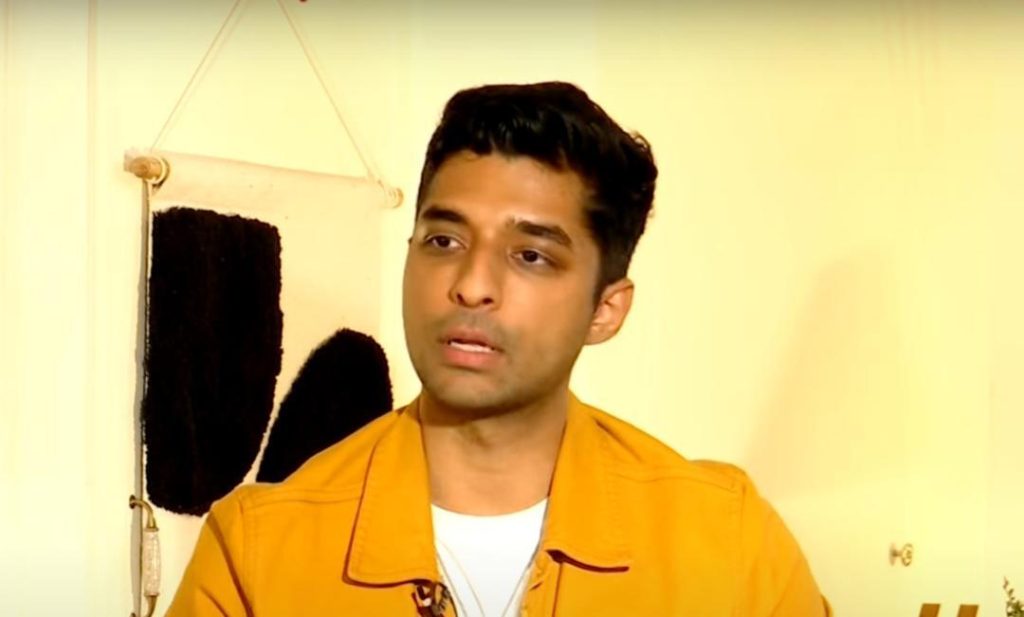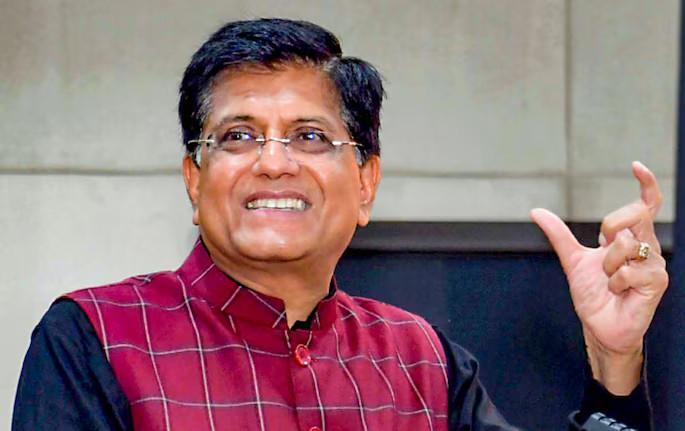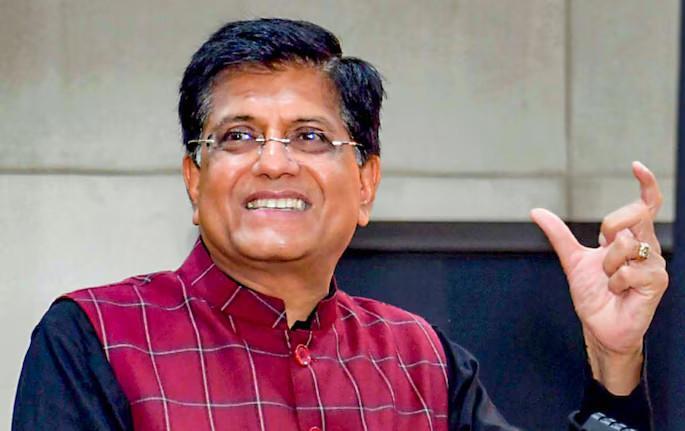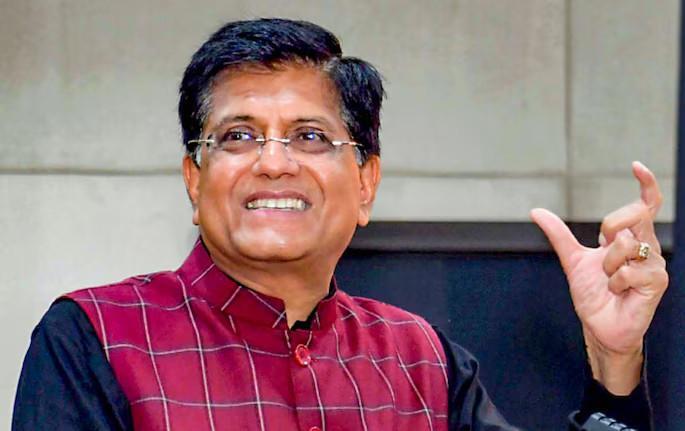
If You’ve Put All Your Money in Indian Markets, Then You’re in Trouble: Sharan
The ongoing correction in the Indian stock markets has left many investors worried about their financial well-being. With the Sensex and Nifty indices experiencing a steep decline, it’s natural to feel concerned about the future of one’s investments. Amidst this volatility, a recent interview with finfluencer Sharan Hegde has caught the attention of many investors. In a candid conversation, Sharan shared his insights on the current market situation and stressed the importance of diversification in one’s investment portfolio.
Sharan, who has a significant following in the financial influencing space, emphasized that having all one’s eggs in one basket, particularly in the Indian market, can be a recipe for disaster. “I’m not saying that the Indian market won’t recover, but if you’ve put all your money in Indian markets, then you might be in trouble right now,” he stated. Instead, Sharan advocates for a diversified investment approach that spreads risk across various asset classes.
So, what does Sharan’s diversified portfolio look like? According to him, 50% of his investments are in Indian markets, while another 15-20% are allocated to the US market. He also has a significant chunk invested in alternative assets such as gold, crypto, real estate, bonds, and private investments. This approach, he believes, helps to mitigate risk and ensure that his portfolio is better equipped to handle market fluctuations.
Sharan’s emphasis on diversification is not unique to his investing strategy. Many financial experts and economists have long advocated for this approach, citing its ability to reduce risk and increase potential returns. By spreading investments across different asset classes, investors can reduce their exposure to any one particular market or sector, thereby minimizing the impact of potential downturns.
In today’s market, with global events and economic indicators having a significant impact on stock prices, diversification is more important than ever. The ongoing trade tensions between the US and China, for instance, have led to significant volatility in the global markets. Similarly, the COVID-19 pandemic has had a disproportionate impact on certain industries, such as travel and hospitality.
In the face of such uncertainty, a diversified portfolio can provide a sense of security and peace of mind. By having a mix of investments that perform well in different market conditions, investors can reduce their exposure to any one particular risk factor. This approach can also help to increase potential returns, as different asset classes tend to perform well in different market environments.
So, what does this mean for Indian investors who have been riding the wave of the bull run in the domestic market? While it’s natural to feel concerned about the recent correction, Sharan’s advice is to take a step back and assess one’s investment portfolio. Rather than panicking and selling off investments, investors should consider taking a more measured approach.
For those who have a significant portion of their portfolio invested in Indian markets, Sharan’s advice is to consider rebalancing their portfolio. This could involve reducing exposure to the Indian market and allocating a larger portion of their portfolio to other asset classes. By doing so, investors can reduce their risk and increase their potential returns over the long term.
In conclusion, Sharan’s words of wisdom serve as a timely reminder of the importance of diversification in one’s investment portfolio. By spreading risk across different asset classes, investors can reduce their exposure to any one particular market or sector, thereby minimizing the impact of potential downturns. Whether you’re a seasoned investor or just starting out, it’s essential to take a long-term approach and prioritize diversification in your investment strategy.





